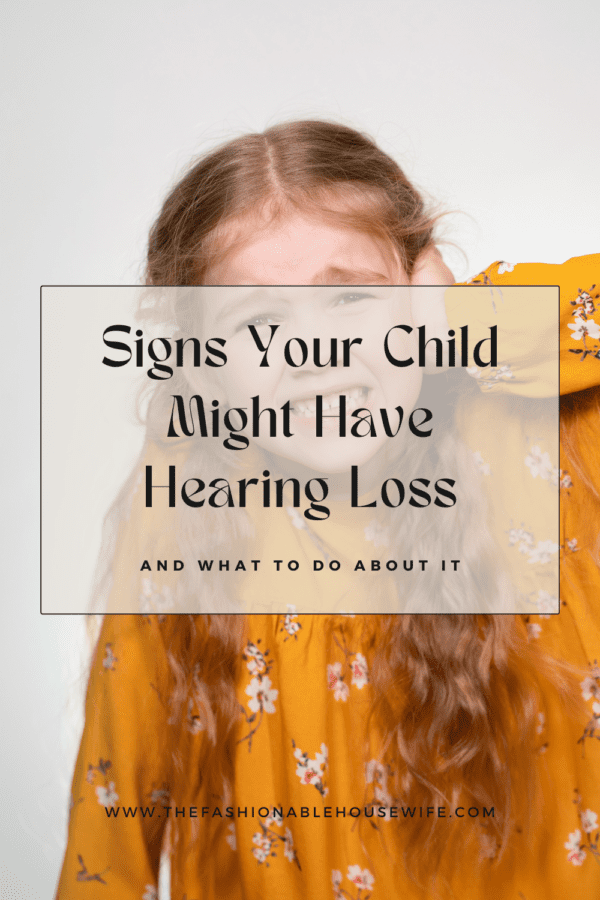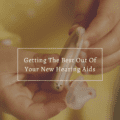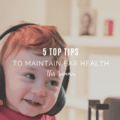
Sometimes children are so busy that they don’t listen; the distraction is far more exciting than what you might be asking them to do. And universal hearing tests that are performed on newborns can help to identify many children with hearing loss – but there are some that are missed.
As they grow up, hearing loss can progress, and identifying there are problems is essential – so that you can get your child the support they need.
So what are some of the signs of hearing loss in different stages of childhood?
What happens if your child does have hearing loss?
When your child has hearing loss, they will be given a referral to a hearing specialist or the best service for them. And while there are a lot of adjustments that will need to be made to accommodate your child and support them through their childhood, there are plenty of wonderful moments too.
For example, when they hear new sounds with aids, or when you both learn songs in sign language together!
Infants and Toddlers
One of the ways that you can pick up that children might have hearing loss is when there are delays in speech. Although all children do develop at their own pace, anything that is a little outside of what is considered ‘normal development’ can indicate that there is some level of hearing loss.
In infants around the age of 3 months, you will notice them react to your voice or be startled by loud noises. By 12 months, there should be some words that you recognize.
If you are worried about these, you can make an appointment to have a hearing test performed.
Older Children
Children who have mild hearing loss are able to develop the expected speech and speech patterns, as well as unconscious methods of coping with their hearing loss.
Here are some indicators that your older child might have some hearing loss:
- Your child might not appear to listen to you
- They may struggle with their work
- Your child might speak a little more loudly than others
- You may notice when your child is listening, the put one ear further forward toward you
- They may often ask, ‘what did you say?’
- You may notice that they have music or the TV louder than others
- In large social gatherings, they may seem quiet or overwhelmed because the sounds can be blurred.
If you notice any of these signs, they may be a one-off, but if you notice more than one, then it is important to have a chat with your child’s doctor.
Hearing loss affects 3 out of every 1000 children, and now we are in a position to support and facilitate things like sign language, implants, hearing aids, and so much more. Regular hearing tests for your children alongside things like the dentist and the doctor.
You can help your child explore sounds as they grow so that you can see if there is anything that may indicate 7 Ways You Can Explore Music With Your Children.








